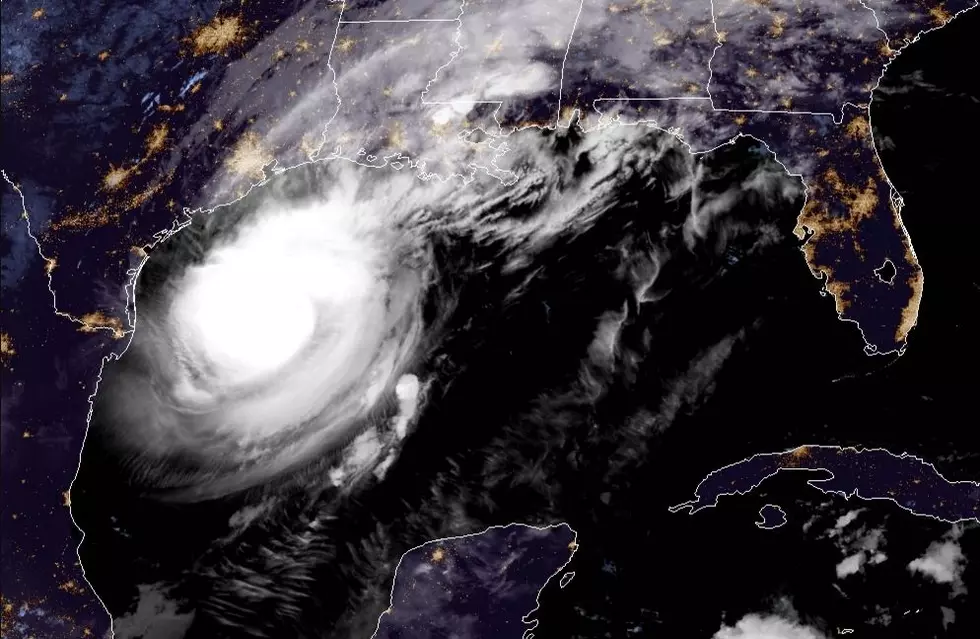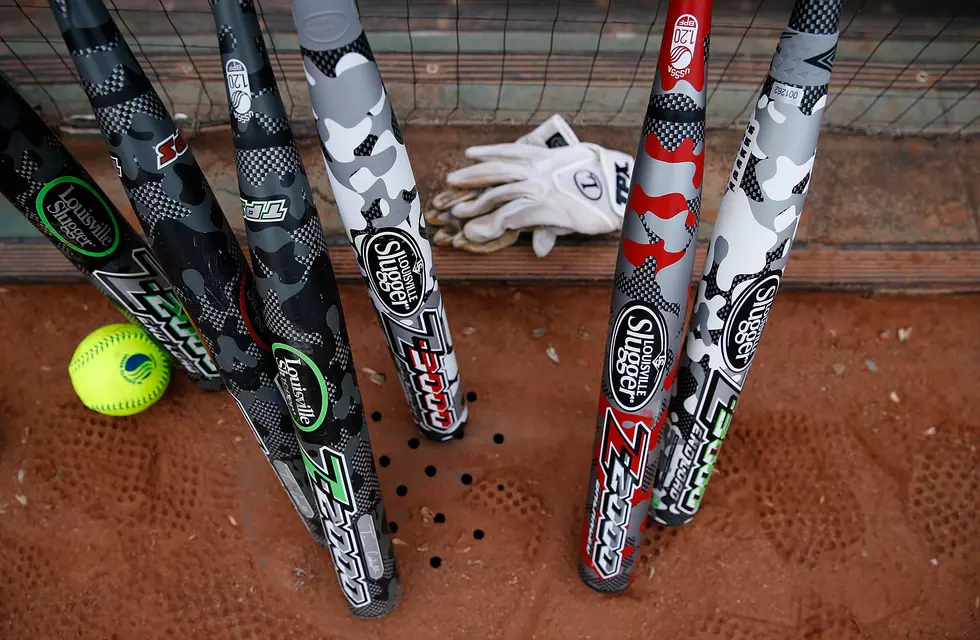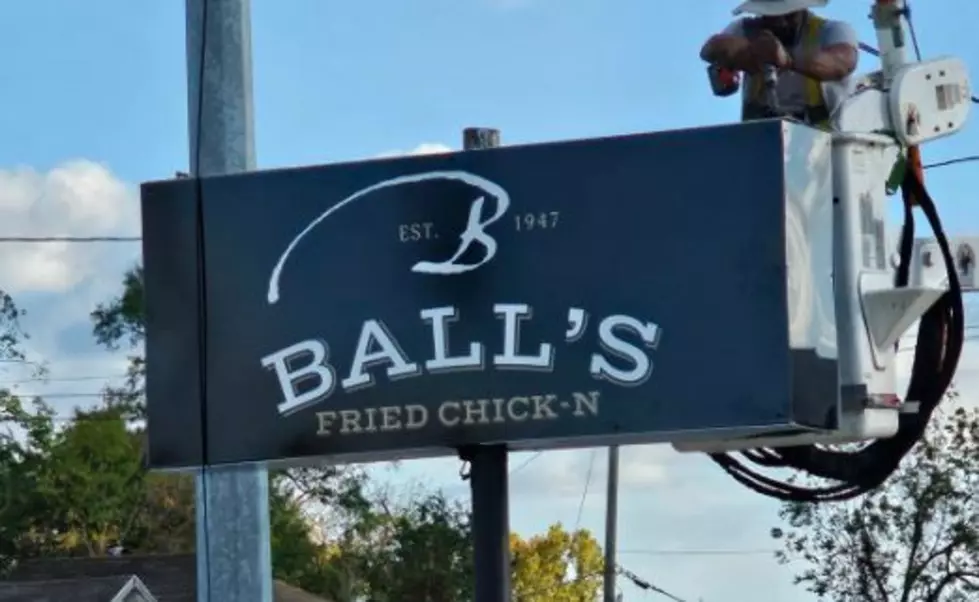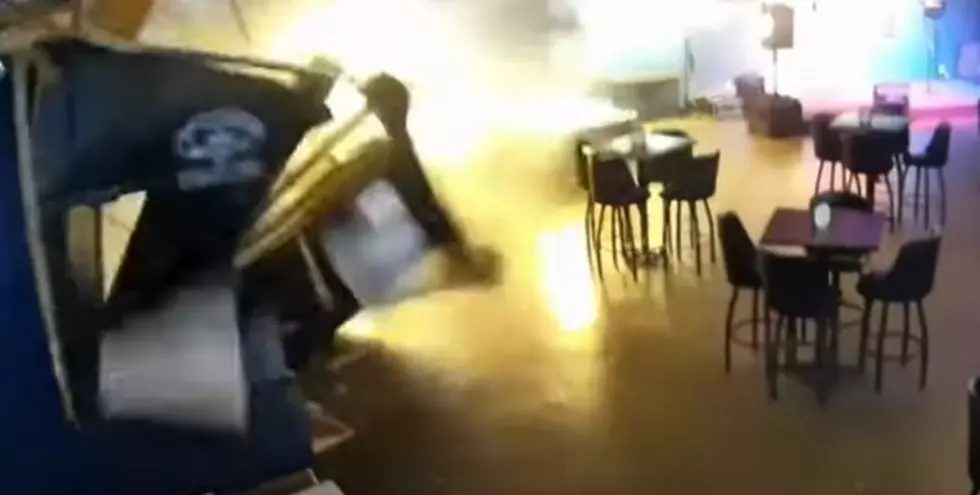
Hurricane Season Is Coming, What Are Some Tips to Already Prepare?
Hurricane season 2022 is quickly approaching, June 1 as a matter of fact, and like usual it is suggested that it will be an extremely active season. As I was perusing Facebook last night, my friend David Griffin posed a question that really got me thinking. He offered up this question on his page
As hurricane season is coming and projected to be a very active season, what did you learn from Laura and Delta to be better prepared? What would you do differently? What would you do again? What did you learn that could make the next one "easier"? Basically, what are your learnings?
Personally, I went through Rita as a college dropout living with my parents at 22. The only real concern I had was my 97 Mustang GT. I didn't have any true worry because I didn't really own anything of importance, except for my Mustang. FYI, we evacuated to my Aunt's house in Baton Rouge and my cousin's basketball goal fell on the car denting the rear quarter panel from the wind. Go figure!
For Hurricane Laura, I had an apartment, and belongings, and was an adult. I had no idea still what to do and remember at one point having a panic attack because I was clueless about how to prepare. Fast forward to the hurricane making landfall and the aftermath, the term "trial by fire" had a whole new meaning. Seeing what our city and the area were going through was heartbreaking for me, luckily my home was ok but the homes around my house weren't so lucky.
So what can we do now in order to prepare for an active season? Some of the comments David received were really good ideas and something you can do now and not spend a lot of time doing. I am not saying these are the end-all-be-all suggestions, but they sure will get your mind working to help prepare for another season that we hope won't impact us at all.
- Take care of your pets. Facebook marketplace is a great source to find animal carriers. You can also pre-stock food for a few days in containers to have them ready to roll when you need to evacuate. Sometimes pets are the last thing on our minds when we are trying to get families taken care of and safe.
- Look into hotel rental sites that allow a 24-hour cancellation policy. As in you can cancel your reservations 24 hours before your check-in time. Save those places so you can go back and catch a hotel room or two for your family even two weeks out. If the storm doesn't come close, you can easily cancel them with no fees for doing so.
- Buy some decent-sized tarps for your roof in case you do have damage. Some homeowners were waiting days and weeks to have their homes tarped. When they would get tarped, sometimes it wasn't that good of a job, or the material was sub-par. Tarps can be stored in your garage and don't take up a ton of room. You may not have enough to do an entire roof, but it will get you started in a pinch.
- Buy plastic totes for belongings. They go on sale a lot from time to time. Put things you don't intend on bringing with you, but want to try and save. They can be placed quickly on shelves or in higher areas in your home in case it floods or you get water in your home.
- Take pictures of everything inside and outside of your house. Especially things that were repaired post-Laura. Document dates and times as you take those pictures. Make sure you have access to them 24/7 and not just saved on your home computer. It may not be there when you get back
- Meet your neighbors! You may not like them, but it would be handy to exchange phone numbers of your neighbors around you so that you can keep in contact with each other before and after the storm. You never know, you may make a new best friend in doing so!
- Get that generator checked! We are a month out, it would be a great time to go ahead and get it out, change the oil, crank it up, and let it run for a bit. Check to make sure that it is indeed putting out power as well. With ethanol gas, sometimes the gaskets in the carburetor will be super dry and need to be replaced. Better to get all of that checked now than when it's too late. Also, after you check it out, go ahead and turn the fuel supply off to it so you can run the fuel out of the carb so gas doesn't stay inside of it. Gasoline does have a shelf-life of three to six months. Ethanol gasoline can lose its firepower in as little as one to three months. Adding a stabilizer to the fuel does help extend the life a bit.
Now, these aren't the end all be all suggestions. I am sure there are a ton more out there that I have missed, and also some you know that weren't mentioned. Go back and comment on what I missed on our Facebook page and we will just keep a running list of things to think about as we prepare for another season in the south!
TIPS: Here's how you can prepare for power outages
More From Gator 99.5

![See Inside The Capital One Building As It Sits Now In Lake Charles [VIDEO]](http://townsquare.media/site/149/files/2023/11/attachment-Capital-One-Building.jpg?w=980&q=75)







